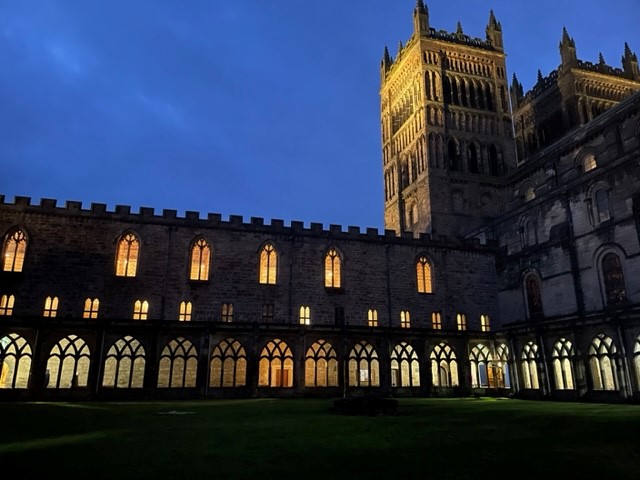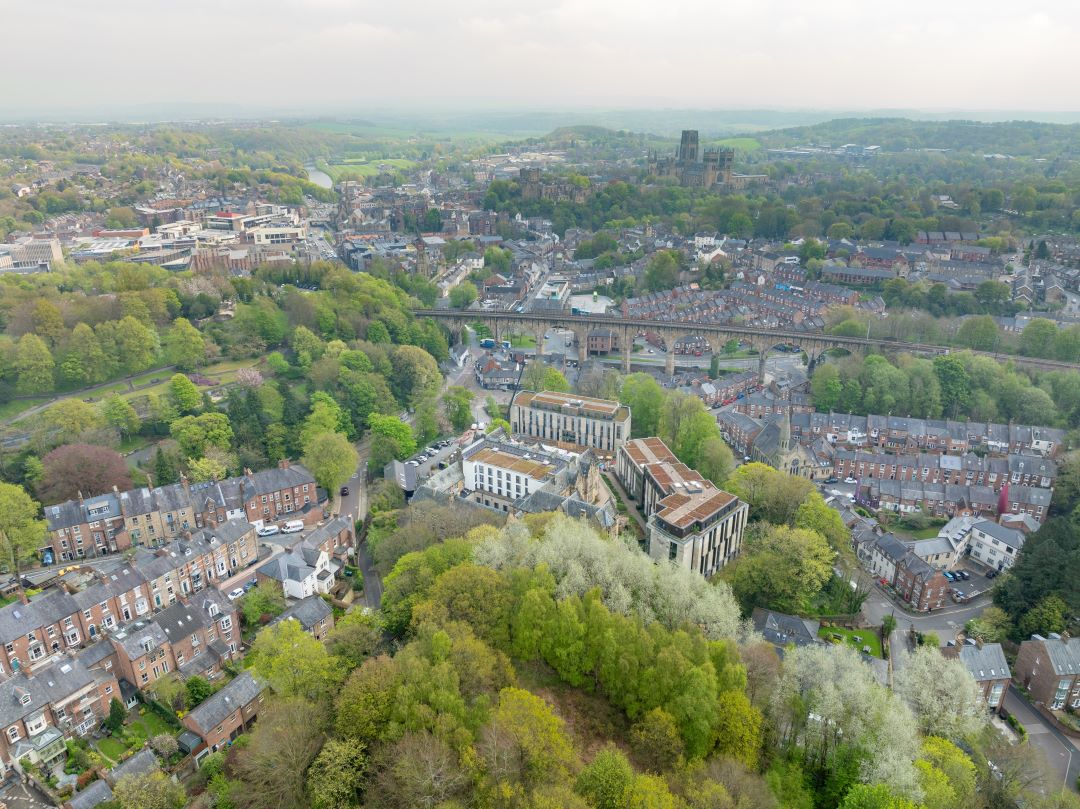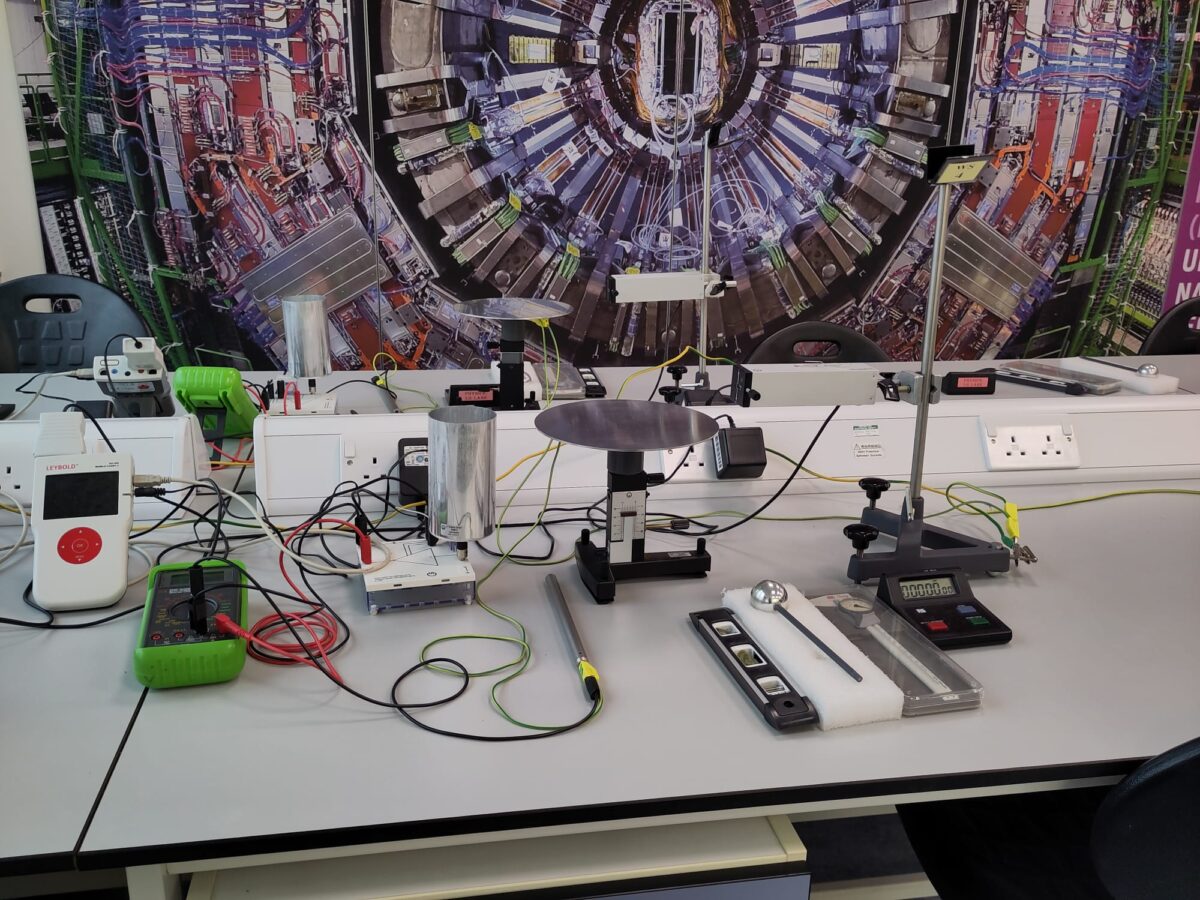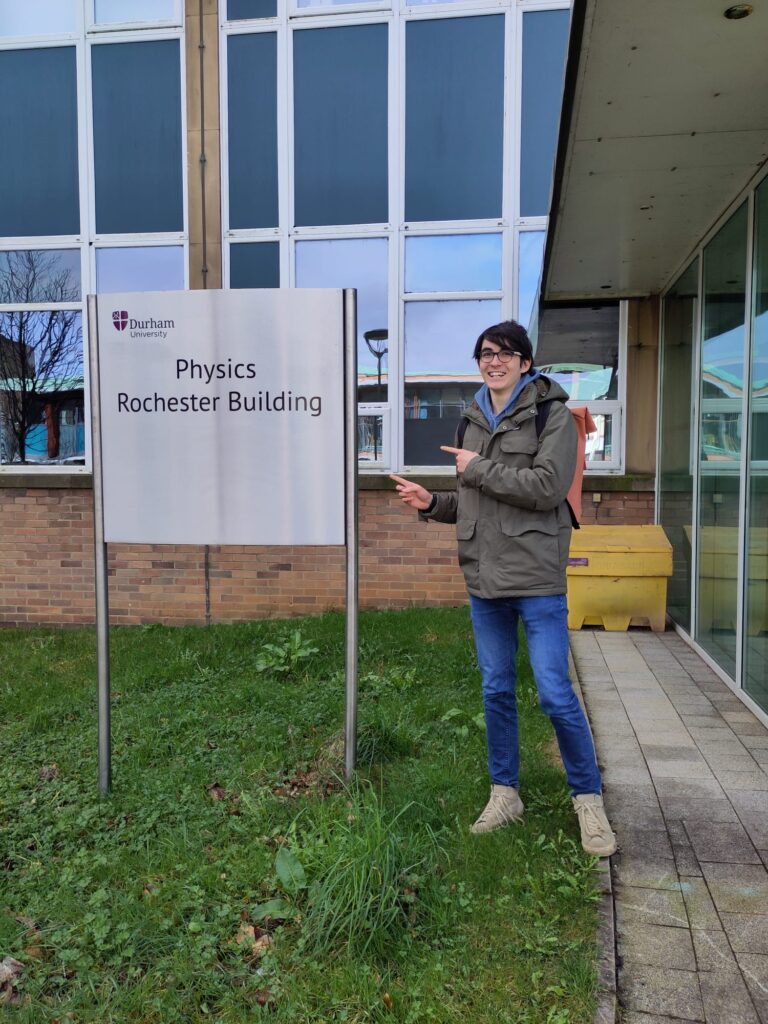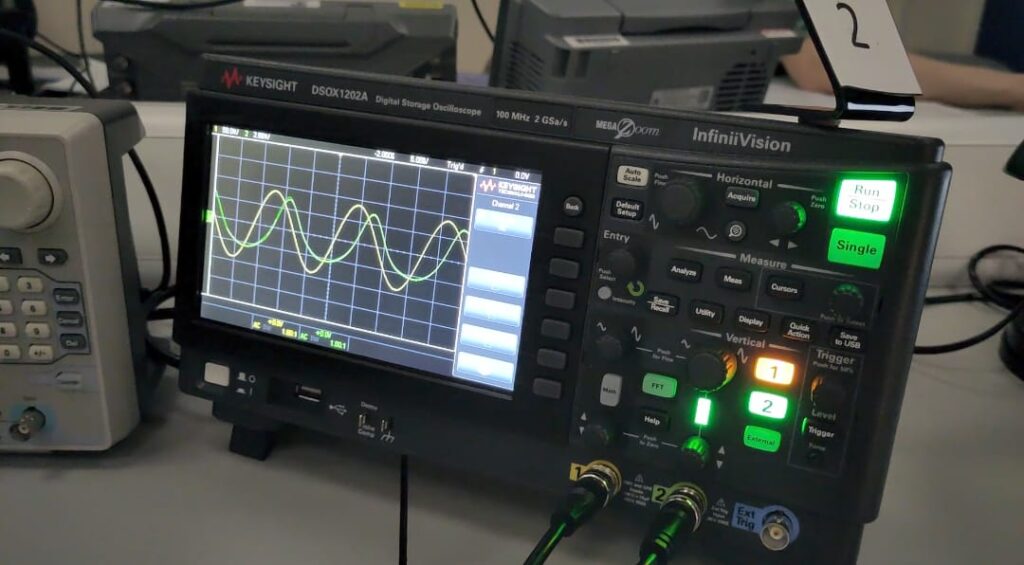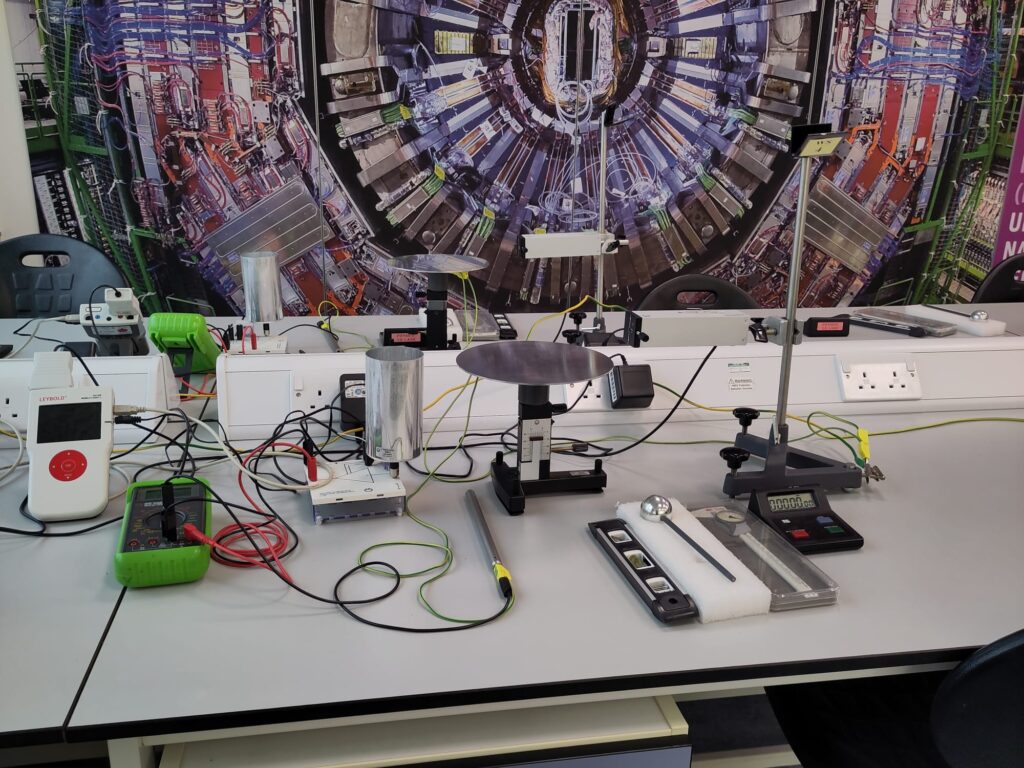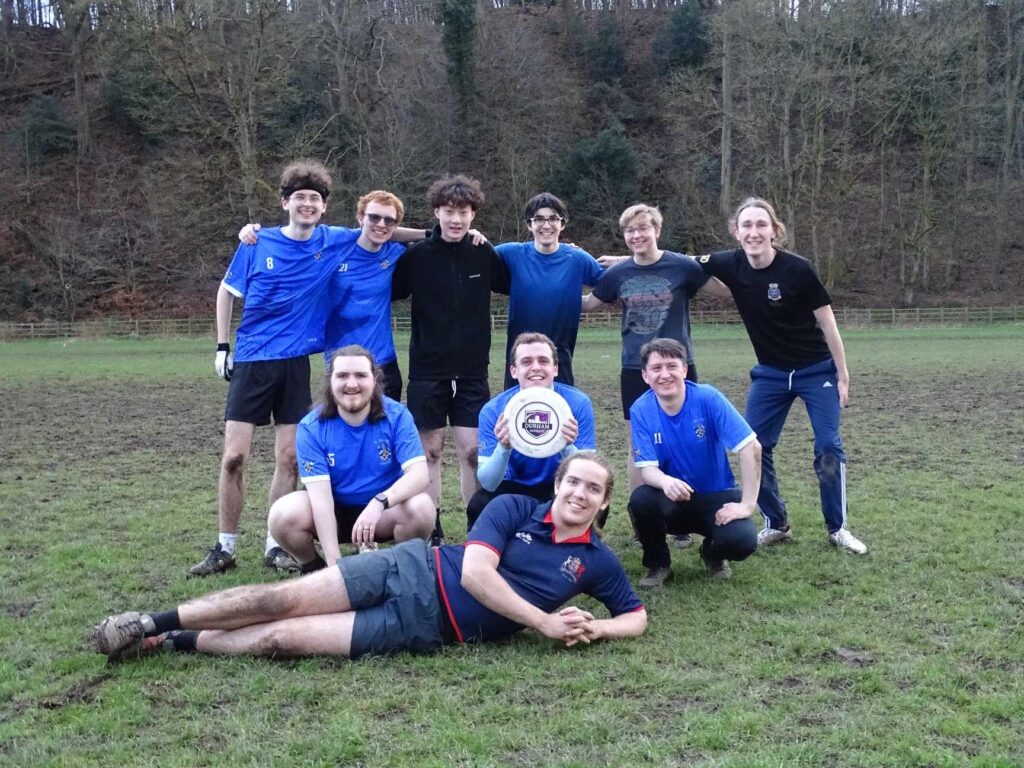Studying MSc Criminology at Durham as an international student
I did my undergraduate in law back in India, and criminology was one of the subjects I found most interesting, which is why I chose to do an MSc in Criminology and Criminal Justice. I chose Durham University because it was one of the best universities for criminology in the UK. Also, what interested me was the way the course and specific modules were structured.
A change of pace
Although I was initially uneasy moving from a big city to a tiny, quiet town like Durham, I now find a change of pace to be quite lovely. Since then, I’ve grown to like taking leisurely strolls to and from classes while simply taking in the scenery which is also a bit refreshing. I was halfway through my first term when I finally got used to being on my own, acclimated to the temperature, and started interacting with people.
A different academic system
I found it a bit tough to adjust to the academic system at first because it is completely different. Here, we don’t have lectures every single day, and the lectures are also more like group discussions, where everyone is open to all sorts of opinions. This made me feel a bit confident in expressing my opinions in front of my peers.
The amount of reading that needed to be done was a bit daunting at first because, during my undergrad, my assessments were completely based on exams, and we didn’t have a dissertation. But here, you need to read articles and journals and provide critiques and arguments for them. I feel this let me delve much deeper into every topic that we studied.
The department
I feel the Sociology department has been very welcoming and supportive of the students, especially international students. They hold an informal social meeting every term where they check up on us and ask us about our experiences. They also make sure we tell them if there is anything they could do for us that they aren’t aware of so we can get the most out of our degree. One of the best aspects of the degree is that the professors are always willing to mentor and assist us, whether it be academically or otherwise.



My favourite modules
The most interesting modules for me were the placement module and the Prisons, Crime and Justice module. As a part of the placement module, I get to volunteer as a mentor at the Durham Police and Crime Commissioners Office, which I feel gives me a good experience of what it’s like working with people and has also allowed me to make connections in my field. As a part of the Prisons, Crime and Justice module we had a workshop where we held group discussions with the prisoners at HMP Durham. I feel like this would be one of my most memorable experiences during my degree. This module was also a part of why I chose Durham for my master’s program.
College
Being an introvert, the collegiate system here gave me a chance to attend formal dinners and get to know people outside of my academics, making my social life a bit richer. Being away from my parents for the first time was not easy, but my college and the Student Union held a lot of cultural events for international students like me, which made me feel a little less homesick during festivals. Durham has provided me with a positive academic and social experience that I will always cherish.
Discover more
Feeling inspired? Take a look at our Sociology Department webpages
Follow The Durham Student on Instagram, TikTok and YouTube
Create your own personalised prospectus here
